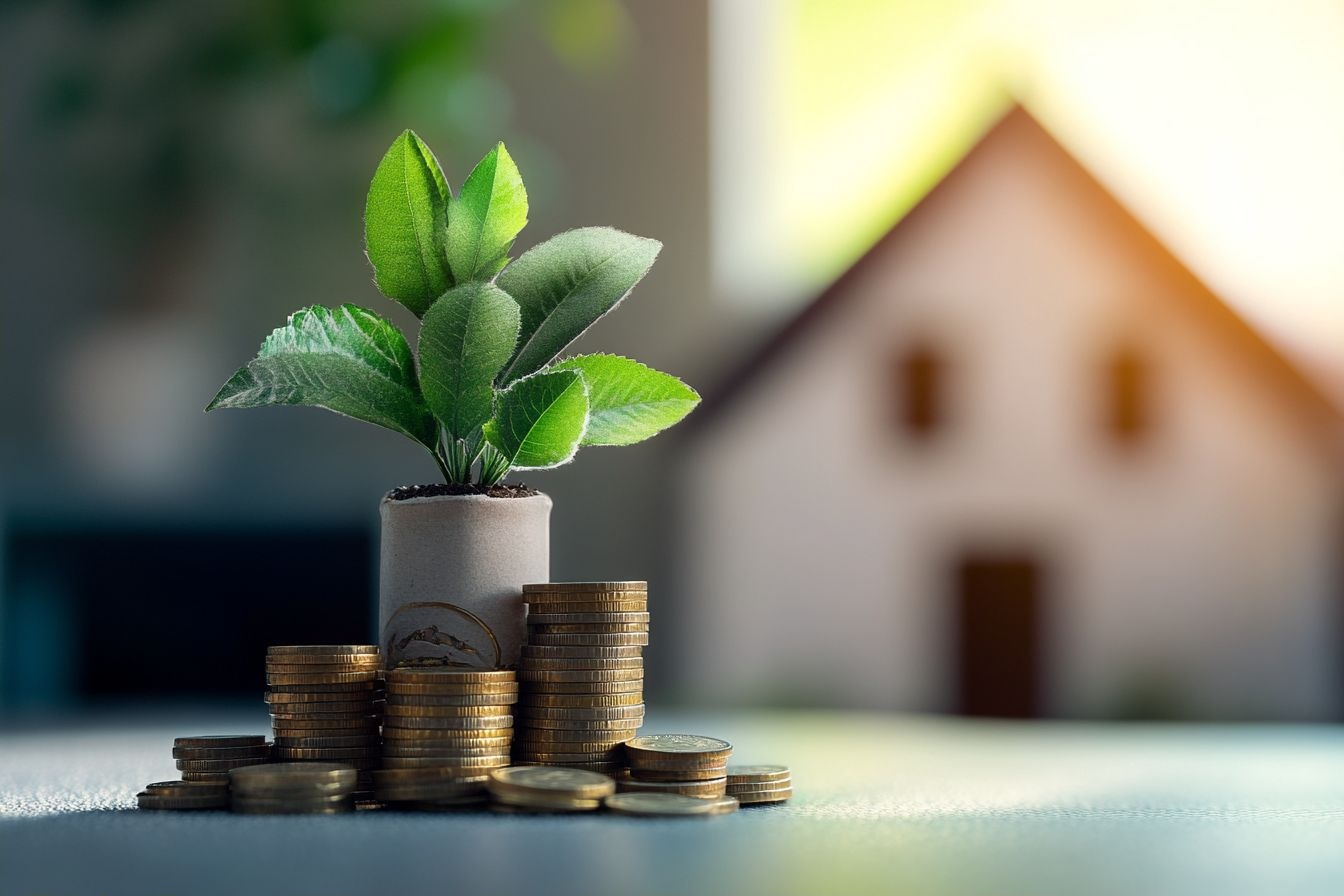Unraveling the Potential of the Luxury Real Estate Market
In the realm of real estate, luxury properties hold a unique allure. With their high-end features and exclusive locations, these properties are a lucrative investment opportunity. This article delves into the fascinating world of luxury real estate, revealing the market's potential for buyers, sellers, and investors.

Historical Context and Key Developments
Luxury real estate has long been a symbol of wealth and prosperity. From opulent villas in ancient Rome to modern-day penthouses overlooking bustling cityscapes, these properties have always been associated with high societal status. Over the years, the luxury real estate market has evolved significantly, influenced by changes in economic dynamics, societal trends, and technological advancements.
The post-war economic boom of the mid-20th century, for instance, led to a surge in demand for lavish homes among the newly wealthy. The 1980s saw the rise of luxury condos and high-rises, fueled by urbanization and the desire for convenience and proximity to city amenities. In recent years, luxury real estate has expanded to include not just primary residences, but also second homes, vacation properties, and investment opportunities.
Current Market Trends and Financial Insights
Today, the global luxury real estate market is valued at an estimated $400 billion, with a projected annual growth rate of around 5%. Key trends shaping the market include the demand for properties in prime locations, the rise of smart homes, and the growing importance of sustainability.
Prime locations remain a significant factor in luxury real estate. Properties in prestigious neighborhoods or with stunning views command higher prices. The rise of smart homes, equipped with advanced technology for comfort, convenience, and security, is another trend. Meanwhile, sustainability has become a key concern, with luxury home buyers increasingly seeking properties that incorporate eco-friendly design and features.
The Strategy of Investing in Luxury Real Estate: Advantages, Challenges, and Impact
Investing in luxury real estate can be a profitable venture, offering potential for significant returns. These properties often appreciate at a higher rate compared to regular real estate due to their exclusivity, unique features, and prime locations.
However, investing in luxury real estate also has its challenges. The high entry cost can be a barrier, and the market can be volatile, impacted by factors such as economic trends and changes in consumer preferences. Moreover, luxury properties can take longer to sell due to their higher price points and the smaller pool of potential buyers.
Despite these challenges, the luxury real estate market can have a significant impact on buyers, sellers, and investors. For buyers, it offers the opportunity to own a unique, high-quality property. For sellers, it can yield substantial profits. And for investors, it can be a source of steady, long-term returns.
Concluding Thoughts
The luxury real estate market, with its allure and potential, offers intriguing opportunities for those willing to navigate its complexities. By understanding the market’s historical context, current trends, and investment strategies, one can make informed decisions and make the most of these opportunities. As the market continues to evolve, staying attuned to these shifts can ensure success in this fascinating realm of real estate.




